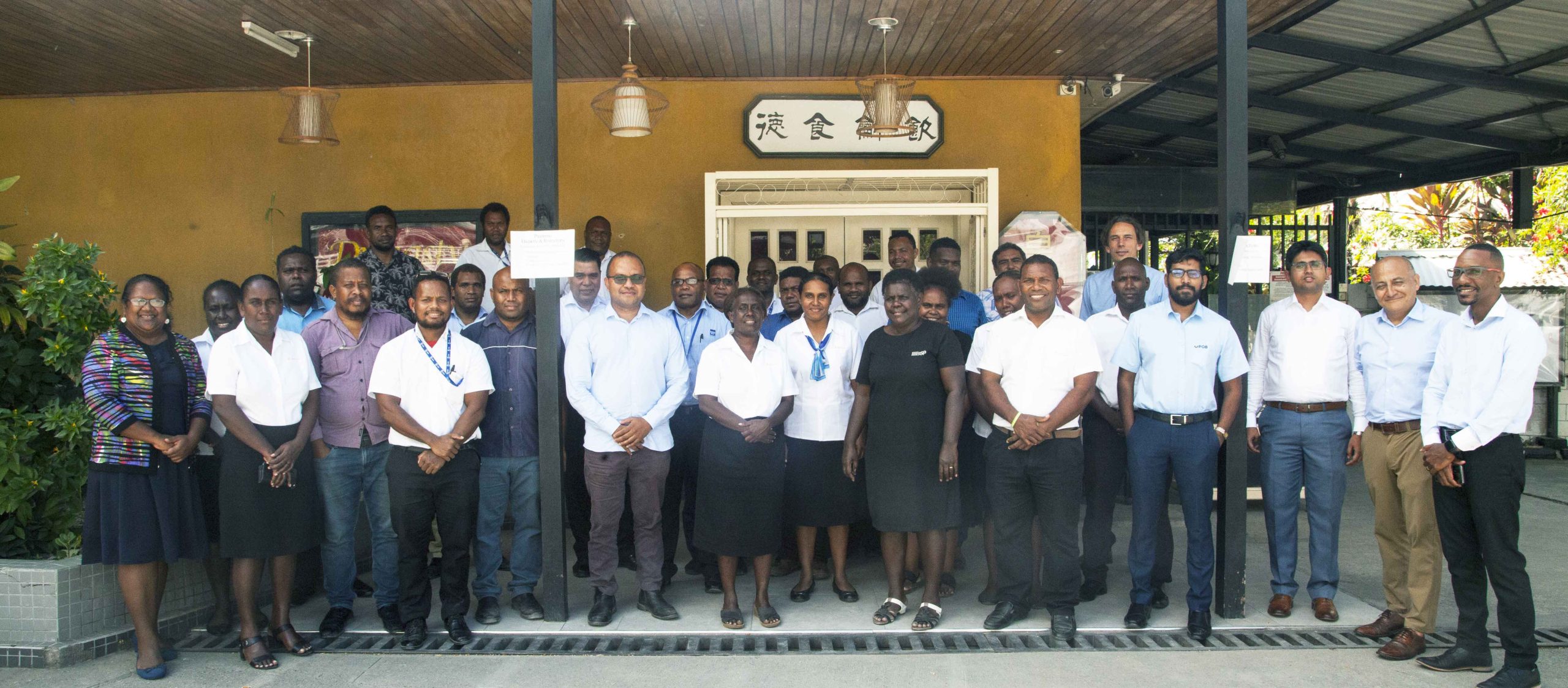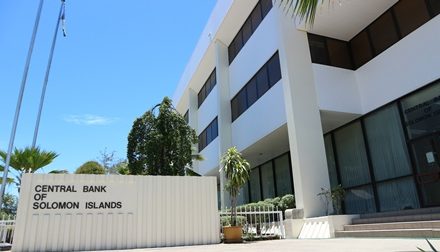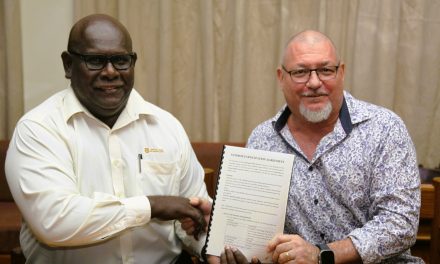Press Release 18.22: CBSI conducts e-KYC workshop for stakeholders and financial institutions

The Central Bank of Solomon Islands (CBSI) last month in October successfully conducted a workshop on an Electronic Know Your Customer (e-KYC) facility in Honiara.
The e-KYC is the process of completing identity verification and other KYC requirements digitally. It is a remote paperless process that minimises costs and supports efficiency.
The workshop held on 11 and 12 October was hosted by CBSI, and facilitated by the Reserve Bank of Australia (RBA), with presenters from a range of public sector, private sector and multinational organizations.
Participants of the workshop were mainly from the commercial banks, other financial institutions including Solomon Islands National Provident Fund and Development Bank of Solomon Islands, Money Transfer Operations, and other government agencies such as the Ministry of Finance & Treasury, (MOFT), Ministry of Commerce, Industry, Labour & Immigration (MCILI) and Telecommunications Solomon Islands (TCSI).
Participants in the workshop learned about different models used for e-KYC in other countries. They were also able to share their views and practical experiences on the current process used in registering data for customers and discuss the risks and how to embrace the changes required once the e-KYC facility is implemented.
The idea to explore a regional e-KYC facility for the South Pacific was initiated in November 2020 during the ninth South Pacific Central Bank Governors meeting in Sydney.
In his opening remarks, CBSI Deputy Governor Raynold Moveni highlighted that the workshop is one of the important events in the CBSI calendar for this year.
He said the push to exploring the implementation of this regional e-KYC Facility came on the back of a global de-risking phenomenon that saw larger financial institutions either terminating or restricting their business relationships with remittance companies and smaller banks to minimise their risks. This de-risking process has the potential to reverse the financial inclusion progress South Pacific countries made over the years.
“The implementation of the e-KYC facility based on a feasibility assessment would improve customer due diligence processes and AML/CFT compliance,” Moveni said.
“It would also reduce the cost of remittances particularly from Australia and New Zealand to South Pacific countries and vice versa, lower legal compliance risks, and support the provision of correspondent banking services,” Moveni added.
Recommendations given from the regional project was for the South Pacific central banks to prioritize individual countries developing strategies for delivering their own e-KYC capacity.
The first stage that Solomon Islands embarked on is to work in partnership with United Nations Capital Development Fund (UNCDF) and TCSI to develop a national SIM registration database.
This step is important because currently Solomon Islands does not have a national identity system with verification capabilities, hence a prerequisite to establishing a viable e-KYC facility.
The second stage is for CBSI to investigate how it can potentially develop a Solomon Islands e-KYC facility to meet the Global FATF standards and at the same time operate within the recognized international best practices.
Mr Moveni said he strongly believes that the development of the SIM Registration database is a first step to developing an e-KYC Facility for Solomon Islands.
“Over time this work should also provide critical stepping stones for national digitalization, digital identity, and AML/CFT compliance work programs for Solomon Islands,” Moveni emphasized.
The e-KYC workshop is a precursor to a very important project that CBSI embarked on in the second half of this year.
Ends//
For more information, contact the Central Bank of Solomon Islands (CBSI) on 21791 or Email: info@cbsi.com.sb | Website: www.cbsi.com.sb



